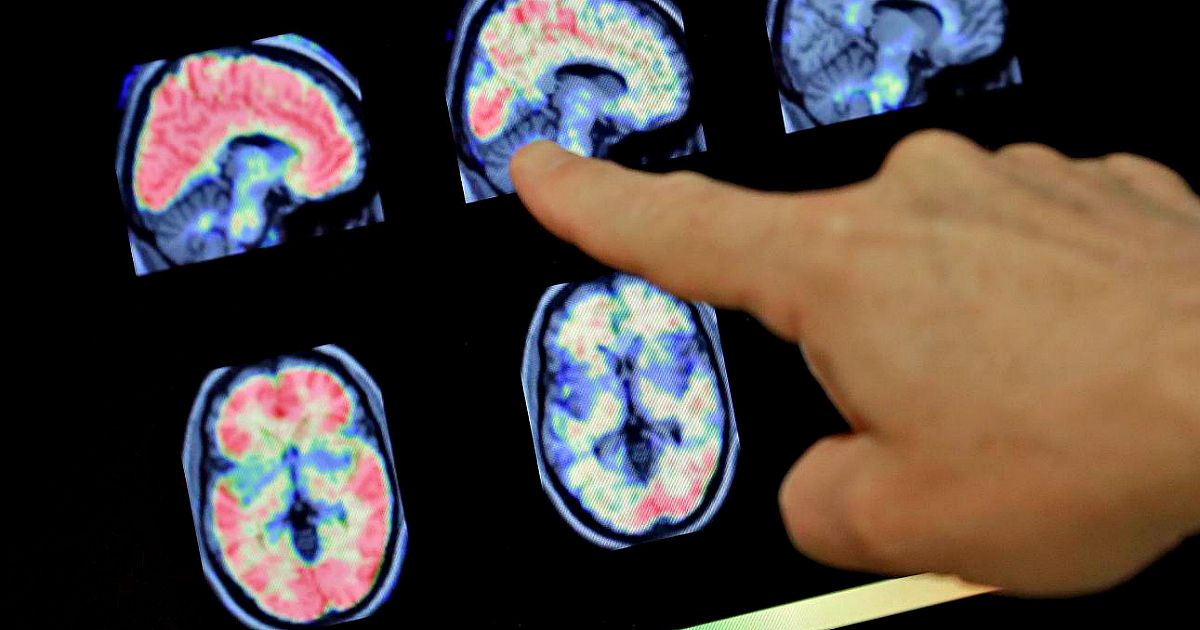
The study was conducted by the Parkinson and parkinsonism Center of Asst Gaetano Pini-CTO of Milan, with the contribution of the Grisons Foundation for Parkinson’s disease, and was published in the Journal of Neurology
The answer against some pathologies that today have no cure could be hidden in “old” drugs developed and used to treat other diseases. It is something that happens very often in medicine and that today could revolutionize the prevention of Parkinson, a neurodegenerative disease, with a slow but progressive evolution, which mainly involves some functions such as the control of movements and balance. And perhaps also the treatment of this pathology which today it is estimated that in Italy it affects about 450 thousand people and which is constantly increasing, if we think that in 1990 it concerned 230,000 Italians.
An Italian study has in fact demonstrated that patients who take anti-diabetic drugs develop Parkinson’s disease an average of 6 years later than people not taking the same medicines. The study was conducted by the Parkinson and parkinsonism Center of Asst Gaetano Pini-CTO of Milan, with the contribution of the Grisons Foundation for Parkinson’s disease, and was published in the journal Journal of Neurology. The results are based on a survey involving over 8,000 patients visited at the Parkinson Center between 2010 and 2019, which revealed that in patients with diabetes who take drugs for this pathology, the onset of Parkinson’s occurs after 66 years, while in non-diabetics the disease manifests itself around the age of 60.
“The study suggests one neuro-protective property of anti-diabetic drugs and opens up the prospect of administering anti-diabetic medicines, such as metforminwhich can also be taken by those who are not affected by this pathology, in people predisposed to developing Parkinson’s disease with the aim of delaying its onset” observes Gianni Pezzolifirst author of the research, president of the Grisons Foundation for Parkinson’s Disease and of the Italian Parkinsonian Association – “The data collected is very significant and prompts us to investigate not only the preventive capacity of anti-diabetic drugs but also their role in reducing the progression of Parkinson’s when it has already started,” he adds.
The research was possible thanks to the database of the Parkinson and Parkinsonism Center of the ASST Gaetano Pini-CTO of Milan in the Lombardy Region, which currently has 37,000 patients. The richness and quality of the cases collected allowed us to extract significant data on the interaction between diabetes and Parkinson’s. “This publication lays the groundwork for the initiation of very robust comparative clinical trials in the future – he claims John Isaiahdirector of the Parkinson and parkinsonism Center of the ASST Gaetano Pini-CTO of Milan – in which to administer anti-diabetic medicines to people with Parkinson’s risk factors, such as the presence of the disease in the family, or symptoms prior to onset of the disease such as ‘nocturnal agitation’, reduced sense of smell, and even more generic ‘signs’ such as constipation and mild depression”.
The results of the study therefore suggest a role for anti-diabetic drugs in delaying the onset of Parkinson’s and are in line with other publications in the scientific literature on the neuro-protective capacities, observed in animal models, of metformin which could become the drug taken by non-diabetics. Furthermore, the study is a solid basis for further research to investigate the neuro-protective properties of antidiabetic drugs, such as what are generally referred to as “glucagon substitutes”, as well as their ability to reduce the natural progression of Parkinson’s.
30science for the Fact
I study
Archive photo